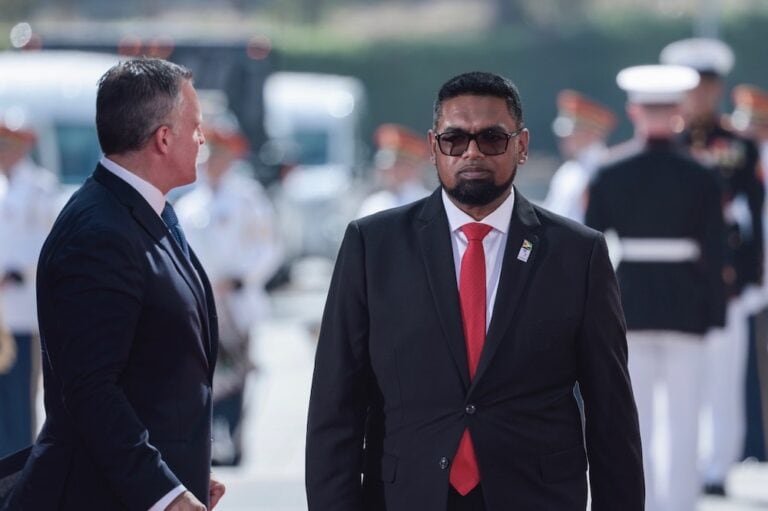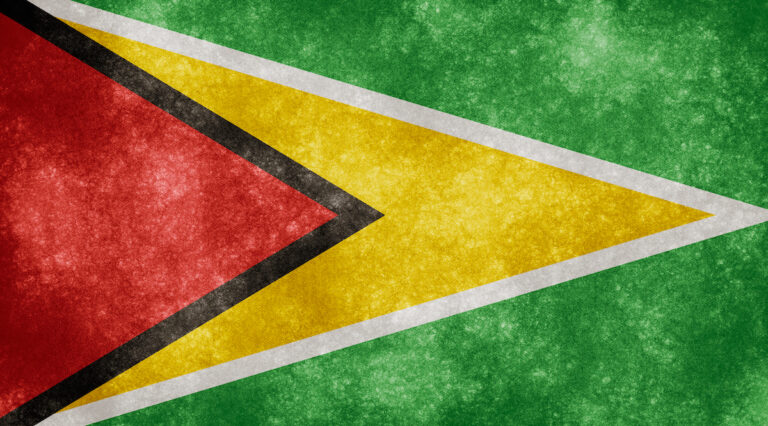President Jagdeo suspended CNS Channel Six for a four-month period following a comment made by an opposition parliamentarian during a programme.
(RSF/IFEX) – 4 October 2011 – Reporters Without Borders condemns President Bharrat Jagdeo’s order suspending broadcasting by CNS Channel Six, a privately-owned opposition TV station, for four months as of 30 September. The presidential order is all the more reprehensible for forcing the station off the air during the run-up to regional and general elections that must be held by 28 December.
The grounds given for the suspension is a comment that an opposition parliamentarian made during a programme broadcast on 4 May.
“Firstly, this suspension is both discriminatory and absurd,” Reporters Without Borders said. “How can the president’s personal view of a comment made on the air be grounds for reducing CNS Channel Six to silence? But this appalling measure is all the more inopportune for coming during an election period. The fact that the station is owned by Chandra Narine Charma, the leader of the opposition Justice for All Party, is a further reason for seeing it as an attack on pluralism and democratic debate.”
The official reason for the suspension was opposition parliamentarian Anthony Vieira’s on-the-air criticism of Protestant bishop Juan Edghill, the head of the Ethnic Relations Commission. The bishop was too close to the president and was not doing enough for Catholics, Vieira said. President Jagdeo held the station responsible for the comments, which he said were “intended to sow discord among Christian denominations.”
“There is nothing to stop Bishop Edghill from filing a lawsuit over the comments that were made about him but, on the other hand, nothing permits President Jagdeo to use these comments as grounds for imposing censorship,” Reporters Without Borders said.
The president is known for his fraught relations with certain journalists and news media and the suspension has caused an outcry. CNS Channel Six was previously suspended in 2005 for stirring up “public disorder.”
The storm over this latest suspension comes on the heels of a controversy about a new broadcasting law that the National Assembly adopted in July. It provides for a National Broadcasting Authority with a board of seven persons all named by the president. Also clause 32 of the new law says that all programmes must be “fair and balanced.”
“Trying to use legislation to impose criteria about ‘good’ programme content and news coverage is unfortunately the surest way to obstruct the work of the media,” Reporters Without Borders added.


